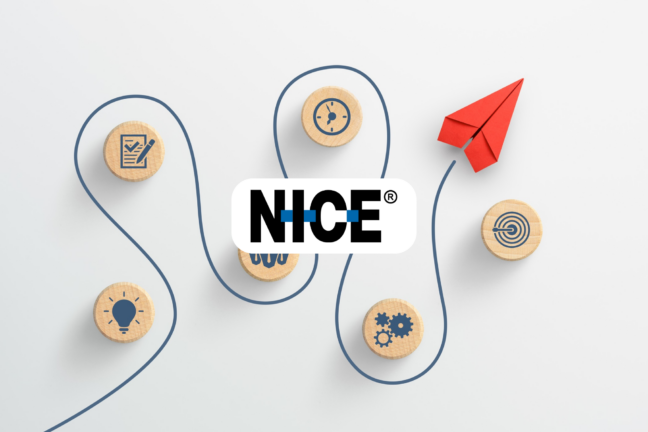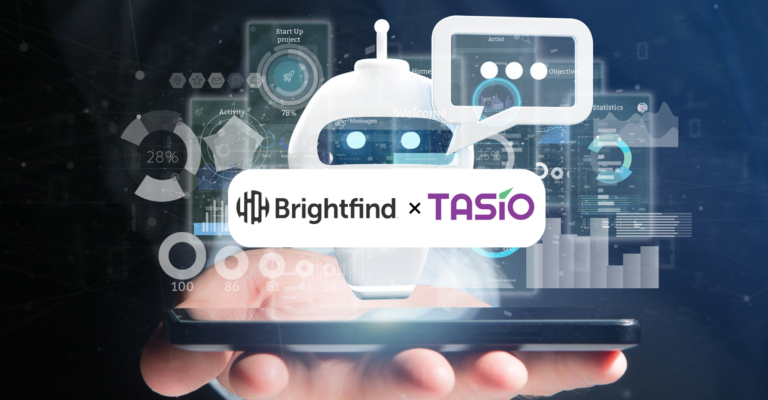Almost half of consumers expect 24/7 customer support, according to a recent report by Vonage. The annual report offers valuable insights into customer communication preferences with a focus on the role of artificial intelligence (AI) in enhancing these interactions. The data underscores emerging trends, emphasizing the crucial role of AI in enabling customers to have more control over their engagements with organizations.
"This data underscores that, to differentiate on customer engagement, businesses need an omnichannel communications strategy that allows customers to contact them seamlessly across their preferred channels. Those that do will also benefit from the ability to leverage the powerful capabilities of AI across communication channels, such as voice, video, messaging, and chat, enabling them to augment live customer support. This goes a long way to ensuring personal and real-time customer engagement at every touchpoint,” said Joy Corso, Chief Marketing Officer at Vonage.
Apart from Vonage, Airkit.ai and Genesys have conducted surveys that highlighted the need for positive customer experiences in order to retain customer loyalty.

Personal vs. business communication preferences
The data highlights an interesting disparity between personal and business communication preferences. While customers lean towards messaging apps, mobile calls, and social media when connecting with friends and family, these methods are not mirrored in business communications. The report suggests that businesses that fail to offer customers their preferred communication channels leave them dissatisfied, reflected in a lower satisfaction rate (40%) compared to personal interactions (60%).
Globally, consumers express several frustrations in dealing with businesses, including long wait times (63%), a lack of voice/phone customer service (59%), limited 24/7 support (48%), and insufficient self-service options (46%). As many as 74% of customers are inclined to switch to competitors due to poor experiences, and a mere one or two negative encounters prompt departure for 46%.
AI beats frustration
The report advocates for the integration of AI to address these challenges. AI-based virtual assistants can enable businesses to communicate with customers through their preferred platforms, offering swift resolutions, reducing frustrations, and delivering a more targeted and personalized experience. AI tools can provide scalable self-service solutions and implement intelligent IVR and skills-based routing to connect customers with the most suitable agents.
Moreover, the findings reveal a growing acceptance of AI among consumers, with expectations of chatbot and video chat usage doubling within the next year. Positive customer experiences lead to increased customer loyalty, with 52% of respondents reporting heightened brand loyalty after a positive encounter and 36% going on to make additional purchases.
“This report emphasises that businesses that leverage AI across communications channels have the ability to facilitate the kind of meaningful, intelligent conversations that strengthen loyalty, build long lasting customer relationships and ultimately boost sales,” added Corso.
In September last year, Vonage introduced Vonage Conversations for Salesforce, a versatile omnichannel messaging application driven by the Vonage Communications Platform.









